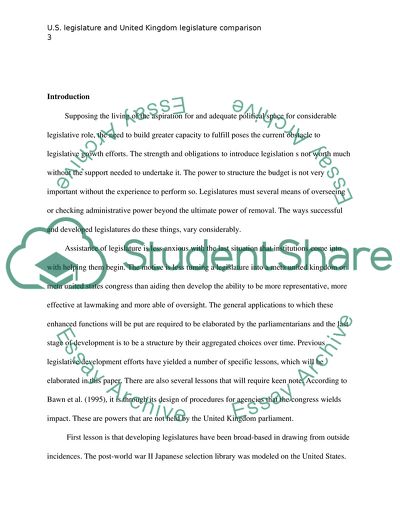Cite this document
(US Legislature and United Kingdom Legislature Comparison Research Paper Example | Topics and Well Written Essays - 4250 words, n.d.)
US Legislature and United Kingdom Legislature Comparison Research Paper Example | Topics and Well Written Essays - 4250 words. https://studentshare.org/law/1823806-compare-us-legislature-and-united-kingdom-legislature
US Legislature and United Kingdom Legislature Comparison Research Paper Example | Topics and Well Written Essays - 4250 words. https://studentshare.org/law/1823806-compare-us-legislature-and-united-kingdom-legislature
(US Legislature and United Kingdom Legislature Comparison Research Paper Example | Topics and Well Written Essays - 4250 Words)
US Legislature and United Kingdom Legislature Comparison Research Paper Example | Topics and Well Written Essays - 4250 Words. https://studentshare.org/law/1823806-compare-us-legislature-and-united-kingdom-legislature.
US Legislature and United Kingdom Legislature Comparison Research Paper Example | Topics and Well Written Essays - 4250 Words. https://studentshare.org/law/1823806-compare-us-legislature-and-united-kingdom-legislature.
“US Legislature and United Kingdom Legislature Comparison Research Paper Example | Topics and Well Written Essays - 4250 Words”. https://studentshare.org/law/1823806-compare-us-legislature-and-united-kingdom-legislature.


